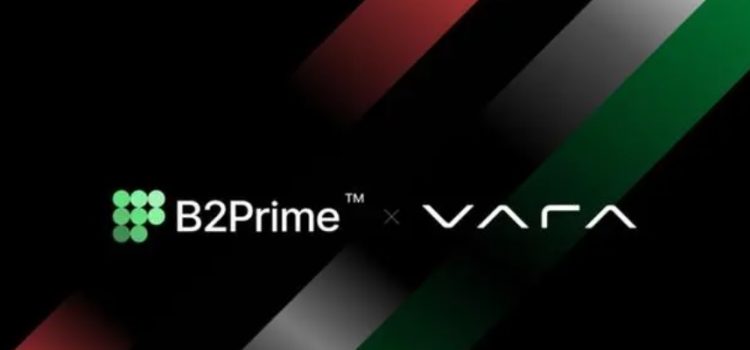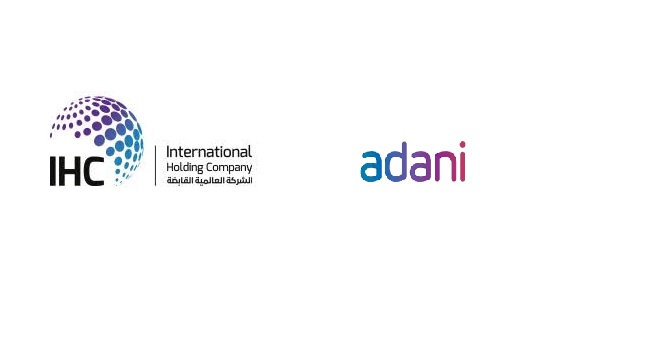
In a recent LinkedIn post, Talal Tabbaa, Co-Founder and CEO at CoinMENA, a regulated crypto broker in both UAE and Bahrain noted that the crypto exchange witnessed all-time high in crypto trading volume in February 2024.
As he stated, “CoinMENA hit an all-time high in trading volume this February, surpassing January by 80%. January itself set a record with a 64% increase from December.”
Interestingly he added that the majority of this volume came from institutions, family offices, and high net worth individuals. He adds, “The majority of this volume came from institutions, family offices, and high-net worth individuals. Retail is picking up, but nowhere near 2021 levels. Google Trends and Coinbase App Store ranking confirm similar trends. 2024 could be the biggest year in bitcoin yet because this is unprecedented in the history of finance.”
His comments on increased institutional interest is backed up by Philippe Bekhazi, CEO of XBTO global who recently told Fastcompany ME media platform that there’s a clear uptake in institutional investments in the international and UAE cryptocurrency markets, with 64% of institutions planning to increase their digital asset allocations in the next three years.
“This maturing market environment influences institutional investors by offering a diversified and technologically advanced investment landscape, enabled by the entry of specialized and regulated digital asset players in the UAE ecosystem,” says Philippe Bekhazi, CEO at XBTO Global.
Tabbaa believes that for the first time, increasing demand is meeting fixed supply. He gives example of ETFs which are alone purchasing over 11,000 BTC, while the daily issuance of Bitcoin is 900 BTC. So there is an obvious shortage.
This is not just happening in the MENA region, rising bitcoin (BTC) prices have revived a crypto trading frenzy in South Korea, with volumes on local exchanges crossing those in the local stock market. Local media reported that trading volumes on South Korea-based crypto exchanges totalled a record 11.8 trillion won (KRW) on Sunday, or $9 billion at the going USD-KRW exchange rate. These topped Friday’s South Korean stock trading volume of 11.47 trillion won, or $8.7 billion.
CC Data noted that In February, the combined spot and derivatives trading volume on centralized exchanges rose 2.28% to $4.73tn as trading activity remains at a heightened level with Bitcoin nearing new all-time highs.
Tabbaa explains, “ETFs are buying up 12x the daily supply of bitcoin. The halving coming up in April will cut the daily issuance to 450 BTC. Bitcoin price is 9% away from an all-time high. Eventually, everyone will want access to the best-performing asset class in the world.”
He believes that given that Bitcoin price is at an all-time high, and the halving is 36 days away, increasing demand will meet decreasing supply.
With Bitcoin at $73,000 it seems he just might be right!


















